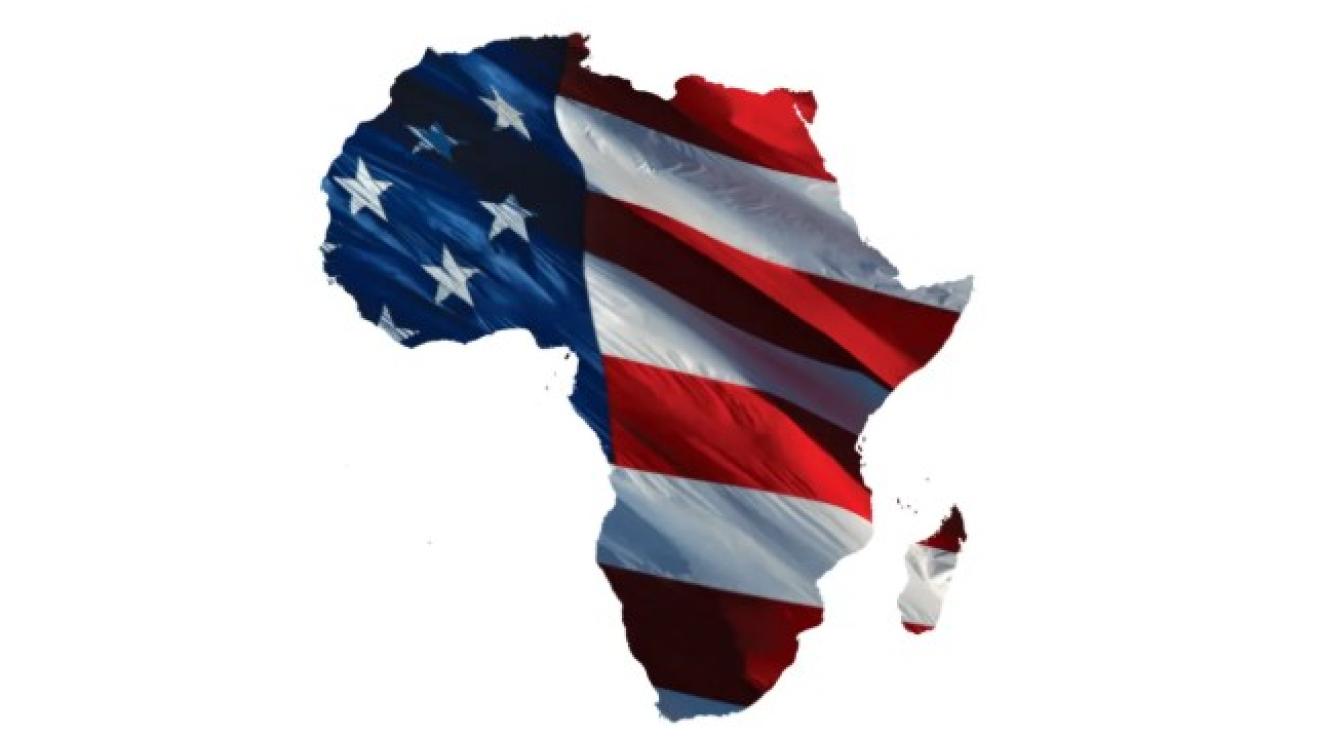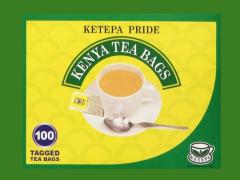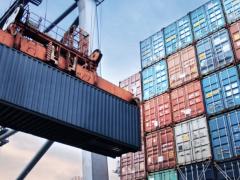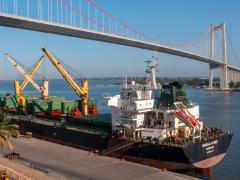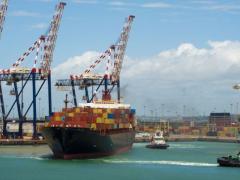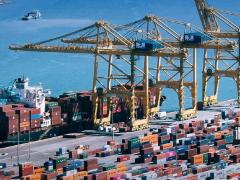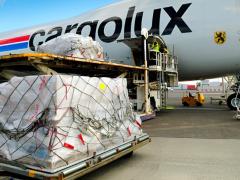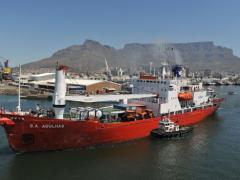The Illicit Trade Unit (ITU) of the South African Revenue Service (Sars) in Durban has clamped down on an importer of 20 containers of sugar that were declared as containing rice, which is duty-free.
Sars said in a statement that after officials had verified and inspected the identified containers it was established that the consignments had been falsely declared in order to escape paying customs duties for the sugar.
In a second incident, the ITU in Durban detained five containers that had been imported by a known tyre company. It was suspected that the importer had incorrectly declared the goods to avoid paying the correct customs duties and to circumvent the need to meet the International Trade Administration Council (Itac) permit requirements.
According to the customs declaration, the containers were classified as rim and tyres, which do not attract any duties. An inspection was conducted at a licensed depot and the containers were found to contain tyres, which attract 30% duty, an environment levy and which require an Itac permit.
In a third incident, the ITU team in Gauteng received information about 21 containers imported by several importers which were suspected to have been misdeclared as steel pipes, furniture, toys, and articles of plastics.
“The 21 containers were detained and inspected and it was discovered that of the 21 containers only three were declared correctly, with 18 containers being falsely declared. Instead of steel pipes, furniture, toys and articles of plastics as declared by the clearing agent, 18 containers were found to contain fabric rolls, pile fabric that is used to manufacture blankets, blanket-making machinery, as well as possible counterfeit goods,” Sars said in the statement.
The revenue authority has vowed to pursue potential criminal charges for the false and misleading declarations.
Sars Commissioner Edward Kieswetter issued a stern warning to traders who are engaged in non-compliant behaviour, which borders on criminality.
“Sars is improving its capability and capacity to detect non-compliant behaviour and will continue to make it hard and costly for those that have opted to resort to criminality. Those who voluntarily engage in criminality would have to accept the consequences of their choices,” Kieswetter said.

